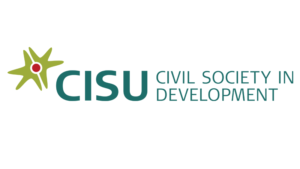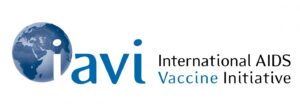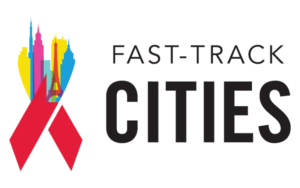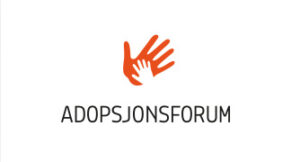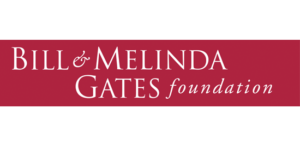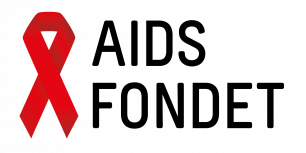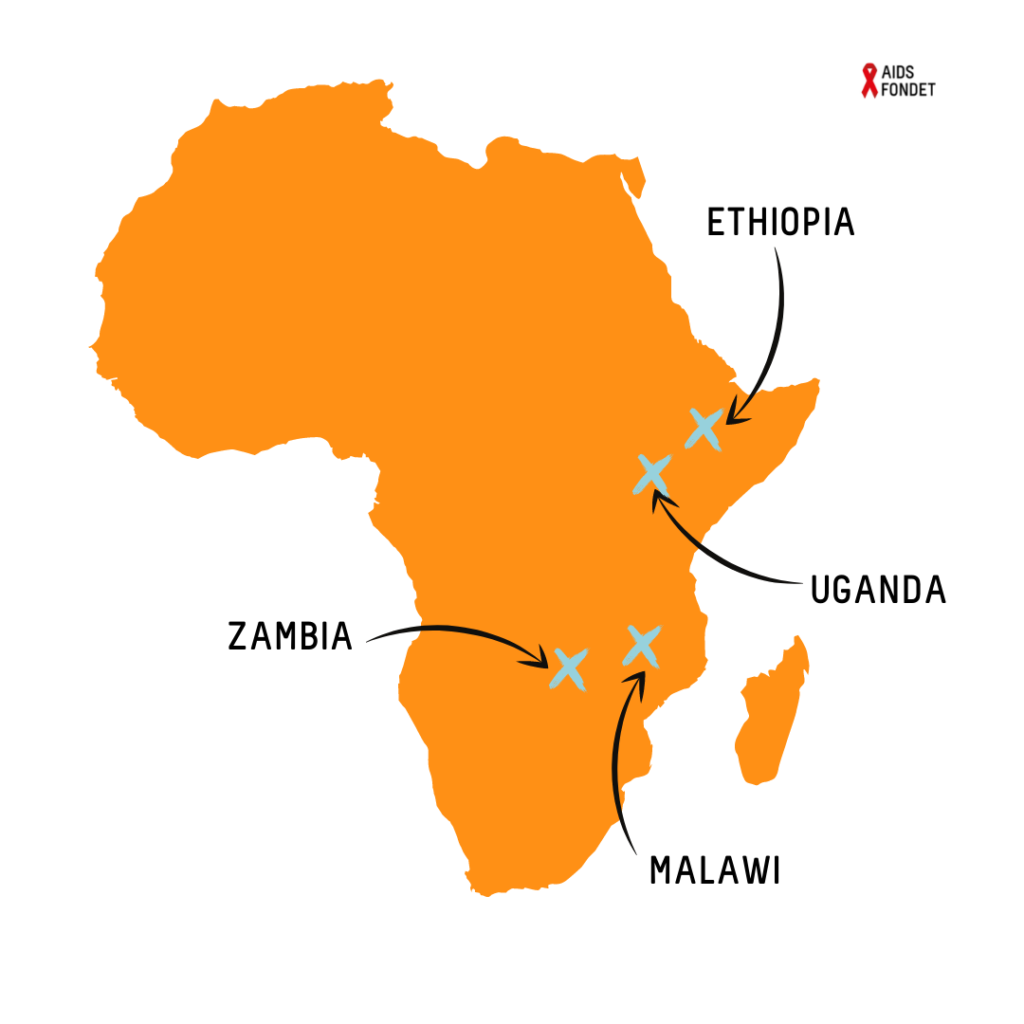The Challenge
Worldwide some 39 million people are living with HIV.
Every year 630.000 people die from AIDS related causes and 1.3 million people are infected with HIV – in spite of the fact that people living with HIV can live healthy lives, without passing on the virus, if they are on effective treatment.
When the HIV epidemic first swept across the planet the effects were felt everywhere.
42 years later HIV and AIDS mainly thrive where inequality, poverty, and discrimination flourish.
The global HIV epidemic of today hampers development and fuels poverty – and vice versa.
We are on a mission to change that!
Our Mission
We work to see the day where no one must die from AIDS
and where no one is at risk of acquiring HIV.
A day where HIV is no longer a public health threat.
A day where people living with HIV can live long and healthy lives
free from stigma and discrimination
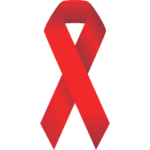
How we work
We work through global as well as local partners to affect structural as well as immediate and tangible change.
We go face to face with the HIV epidemic as it manifests in poverty-stricken, high-density suburbs of Kampala and Lilongwe as well as farming and fishing communities in Uganda and Malawi – and we make our voice heard in the corridors of power and influence in New York, Geneva, or Copenhagen.
We tackle HIV from the ground up – and from the top down.
We work to supplement and support international and national efforts – and we are always guided by the insights and expertise of our partners on the ground. Our work is aligned with the strategies and methods of international organisations as well as national programmes for fighting HIV in the countries where we work.
Through our partners in civil society we mobilise and empower sex workers, men who have sex with men, girls and young women and inform them about HIV and Human Rights.
We ensure access to stigma-free health services when we train health staff on their duty to provide non-discriminatory health services to all regardless of gender, sexual orientation, or occupation
We work to change norms and legislations and to champion human rights for those most vulnerable to HIV.
HIV and AIDS by the end of 2022
39 million
people globally were living with HIV.

1.3 million
people were infected with HIV.

630.000
people died from AIDS related illnesses.

29.8 million
were accessing anti-retorviral therapy.
"The HIV epidemic is one of the greatest humanitarian crises in recent history. A disaster that has claimed the lives of millions of people.
It is an epidemic that thrives where basic human rights are violated and where prejudice and discrimination flourish.
Inequality, poverty and bigotry fuel the HIV epidemic.
Lars Christian Østergreen, CEO AIDS-Fondet
